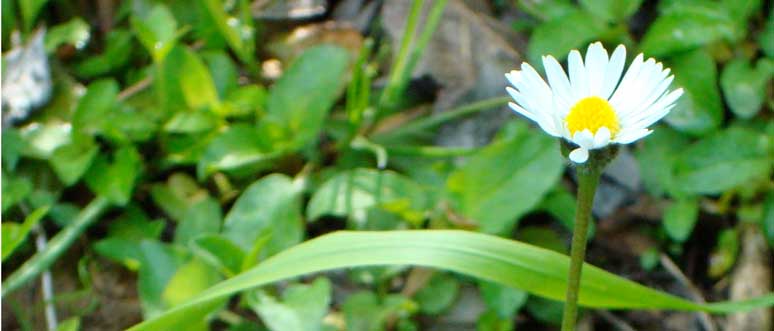|
Cotton farming is responsible for 25% of global pesticide use
According to figures obtained by PE International GaBi-EDIP software, 94% of toxicity in the production of a cotton T-shirt derives from the farming phase, and originates from the application of insecticides, herbicides, fungicides, defoliants and fertilisers.
|
|
The dyeing and conditioning process uses softeners, and is responsible for only 3.5% of total toxicity levels.
revive does not use farmed cotton which means we don’t need to dye fibres or materials as we use the original dyes, recycled material are already dyed.
Our methods result in garments which are responsible for 94% less toxicity than conventional cotton garments.
|
|
No dyeing
Recycled cotton fibres are already dyed as recycled clothes have been previously treated with colours.
This means we eliminate the dyeing process in clothes production, with all the environmental and water pollution problems involved. |
